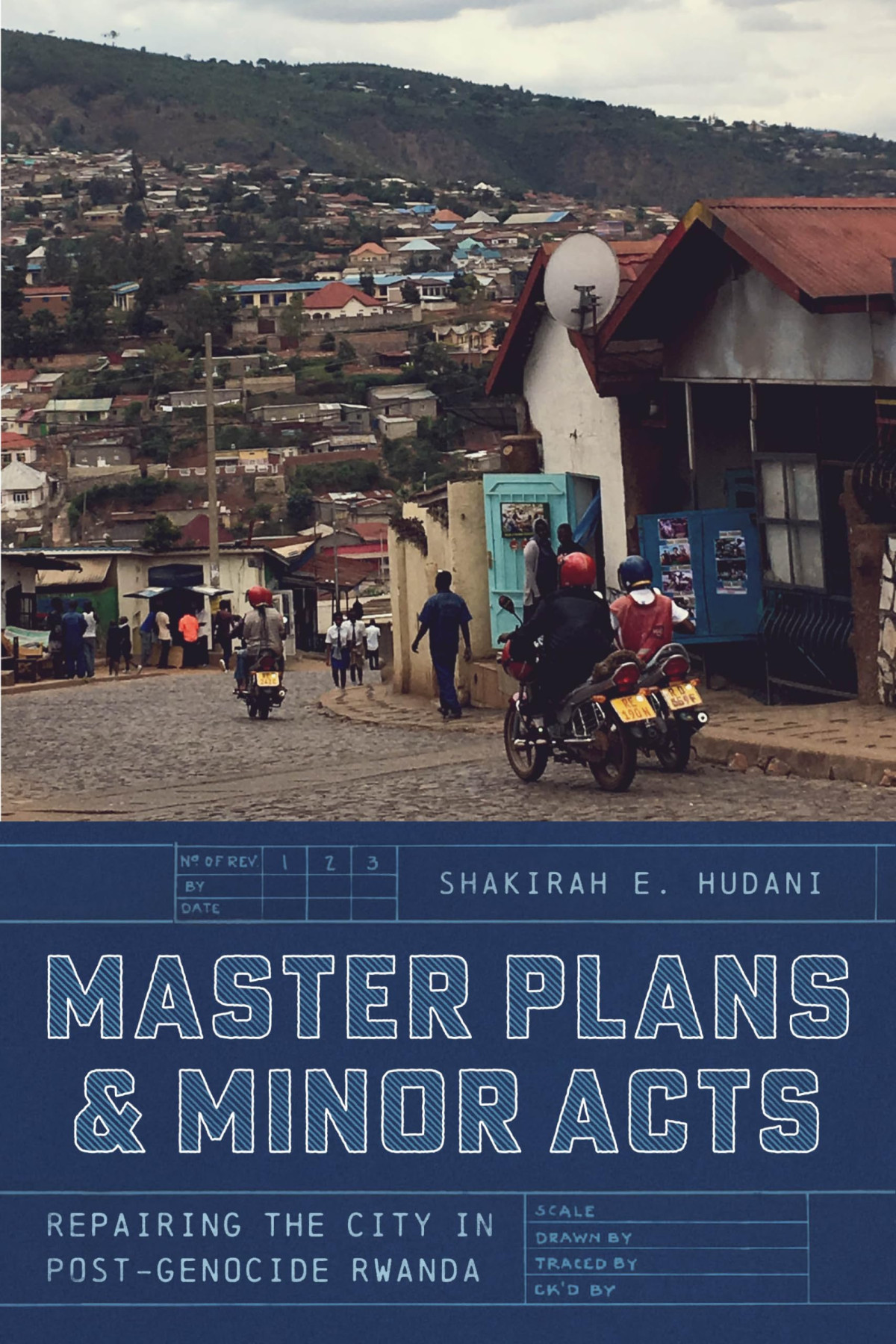

Most ebook files are in PDF format, so you can easily read them using various software such as Foxit Reader or directly on the Google Chrome browser.
Some ebook files are released by publishers in other formats such as .awz, .mobi, .epub, .fb2, etc. You may need to install specific software to read these formats on mobile/PC, such as Calibre.
Please read the tutorial at this link: https://ebookbell.com/faq
We offer FREE conversion to the popular formats you request; however, this may take some time. Therefore, right after payment, please email us, and we will try to provide the service as quickly as possible.
For some exceptional file formats or broken links (if any), please refrain from opening any disputes. Instead, email us first, and we will try to assist within a maximum of 6 hours.
EbookBell Team

0.0
0 reviewsMaster Plans and Minor Acts examines a “material politics of repair” in post-genocide Rwanda, where in a country saturated with deep historical memory, spatial master planning aims to drastically redesign urban spaces. How is the post-conflict city reconstituted through the work of such planning, and with what effects for material repair and social conciliation?
Through extended ethnographic and qualitative research in Rwanda in the decades after the genocide of 1994, this book questions how repair after conflict is realized amidst large-scale urban transformation. Bridging African studies, urban studies, and human geography in its scope, this work ties Rwanda’s transformation to contexts of urban change in other post-conflict spaces, bringing to the fore critical questions about the ethics of planning in such complex geographies.
Significant Abbreviations
Introduction
1. A Material Politics of Repair
Part 1. Master Plans
2. Repair in Old Kigali
3. The Project of Reformation
4. A Pedagogy of Wounds
Part 2. Minor Acts
5. Political Abandonment
6. Peripheral Conscription
7. Rural Imagining
Conclusion
Coda. Reckonings
Acknowledgments
Appendix
Notes
References
Index
"Hudani demonstrates the importance of theorizing repair, enabling us to spatialize a Levinasian ethics of the neighbor, in the aftermath of traumatic events ranging from mass killings to large-scale dispossession."
Society & Space